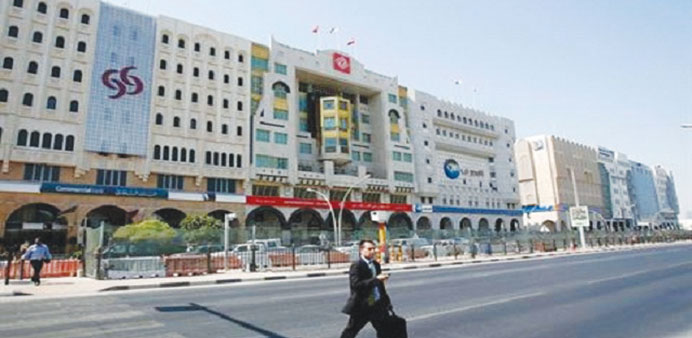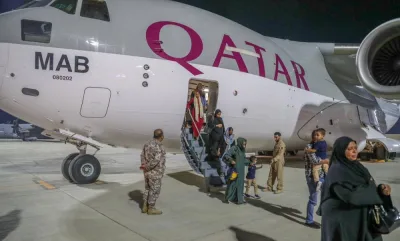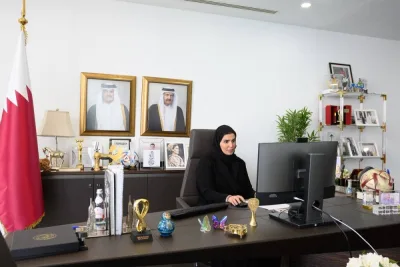Qatar's banking industry is "reasonably well-placed” to weather the effects of the current economic blockade and has already begun adjusting asset and liability management to enhance liquidity and reduce reliance on short term funds, according to Capital Intelligence, a global credit rating agency.
"Qatari banks have already begun adjusting their asset and liability management in order to increase liquidity and reduce reliance on shorter tenor interbank funding," CI said in a report.
As Qatari lenders had already exhibited somewhat tighter liquidity metrics than many other Gulf Co-operation Council banks during the pre-crisis, this is to be welcomed, it said.
"The Qatar Central Bank has the necessary resources to provide liquidity support (individual or systemic) should this be needed," CI said, adding it is also likely that the Qatar Investment Authority would be able to provide capital support, once again should this be needed.
CI therefore believes that the “Qatari banks as a whole are reasonably well placed at present to weather the effects of the dispute, as long as it is not prolonged."
Highlighting that the effects would, however, vary by bank and depend on the extent to which they source customer deposits from the countries concerned, CI said more generally, a number of Qatari banks source a higher proportion of customer deposits from abroad than is usual in the GCC.
In an unprecedented move earlier this month, Saudi Arabia, the UAE, Bahrainand Egypt severed diplomatic and economic ties with Qatar. The immediate result, however, has been a ban of the use of land, air and water routes for the movement of people and goods involving the territory of the three GCC countries.
The US-based Institute of International Finance had said Qatar's banking industry is well positioned amid the diplomatic crisis, owing to "limited" credit exposure elsewhere in the GCC and the system would be "resilient" as long as the 'repo' window remains open.
On the sound position of the Qatari banks, IIF highlighted that the systemic capital adequacy ratio stood at 16.1% and non-performing loans at 1.2% of the total loans in 2016.
Recently, QIIB chief executive Abdulbasit Ahmad al-Shaibei said Qatar has contingency plan for the worst case scenario and it immediately activated the contingency plan following the blockade. “This way, we could effectively manage the situation and ensure sufficient liquidity in our banking system,” he added.
Finance Minister HE Ali Sharif al-Emadi said Qatar can easily defend its economy and currency against the economic blockade imposed by its neighbours.
"We are extremely comfortable with our positions, our investments and liquidity in our systems," he had said, highlighting that the country's reserves and investment funds are more than 250% of gross domestic product.




